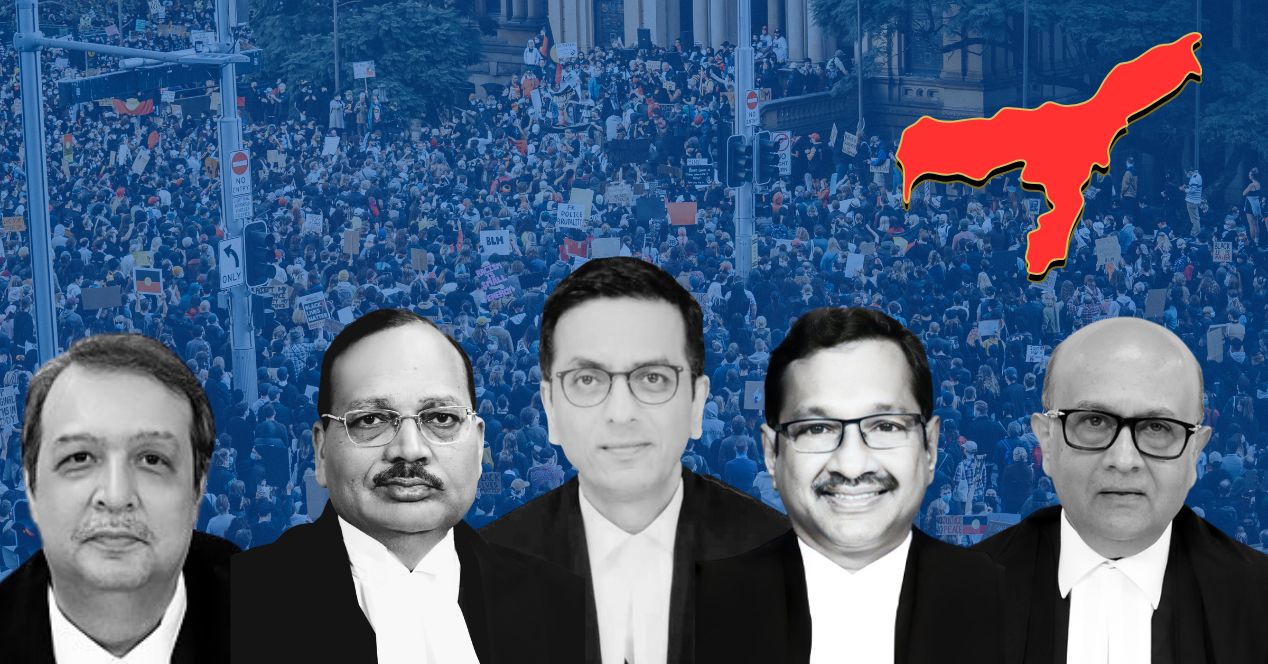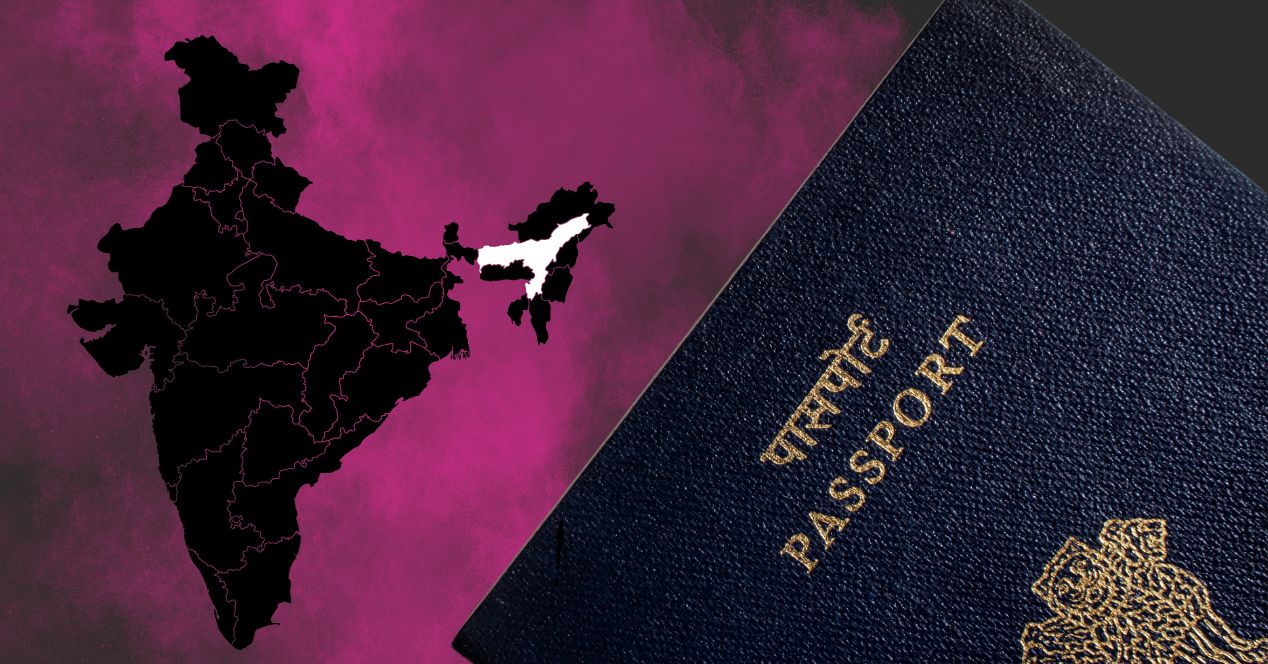Section 6A of the Citizenship Act | Judgement Matrix
Validity of Section 6A of the Citizenship Act, 1955 (Assam Accord)Judges: D.Y. Chandrachud CJI, Surya Kant J, M.M. Sundresh J, J.B. Pardiwala J, Manoj Misra J
On 17 October, a five-judge Constitution Bench of the Supreme Court, in a 4:1 majority upheld the constitutional validity of Section 6A of the Citizenship Act, 1955. The provision grants citizenship to two categories of migrants who entered Assam from Bangladesh:
1) Those who came before 1 January 1966 and
2) Those who came after 1 January 1966 and before 25 March 1971.
People in the second category did not have voting privileges for 10 years and had to register for citizenship after being identified as a “foreigner”.
Petitioners had argued that Section 6A violated Articles 6 and 7 of the Constitution which grant citizenship to immigrants from Pakistan during the partition if they entered India before 19 July 1948. Since Bangladesh was part of Pakistan till March 1971, Section 6A indirectly amended the Constitution, by granting citizenship to those who entered after 1948.
They also argued that Section 6A was arbitrary for singling out Assam from other states bordering Bangladesh—West Bengal, Meghalaya, Tripura, and Mizoram. Therefore, they argued it violated Article 14 of the Constitution. Moreover, they claimed that mass immigration caused due to Section 6A hampered the cultural, voting and self-governing rights and hindered access to resources.
Petitioners had also claimed that Section 6A’s weak implementation had made Assam a beacon of illegal immigration with migrants coming and settling in the state to date.
A Constitution Bench led by CJI D.Y. Chandrachud heard arguments in the case for four days and reserved judgement on 12 December 2023.
10 months later, the bench delivered its judgement in the case. The 407-page verdict has three opinions. A majority opinion by Justice Surya Kant also speaking for Justices M.M. Sundresh and Manoj Misra, a concurring opinion by CJI Chandrachud and a dissent by Justice J.B. Pardiwala.
We break down the judgement in the matrix below.



